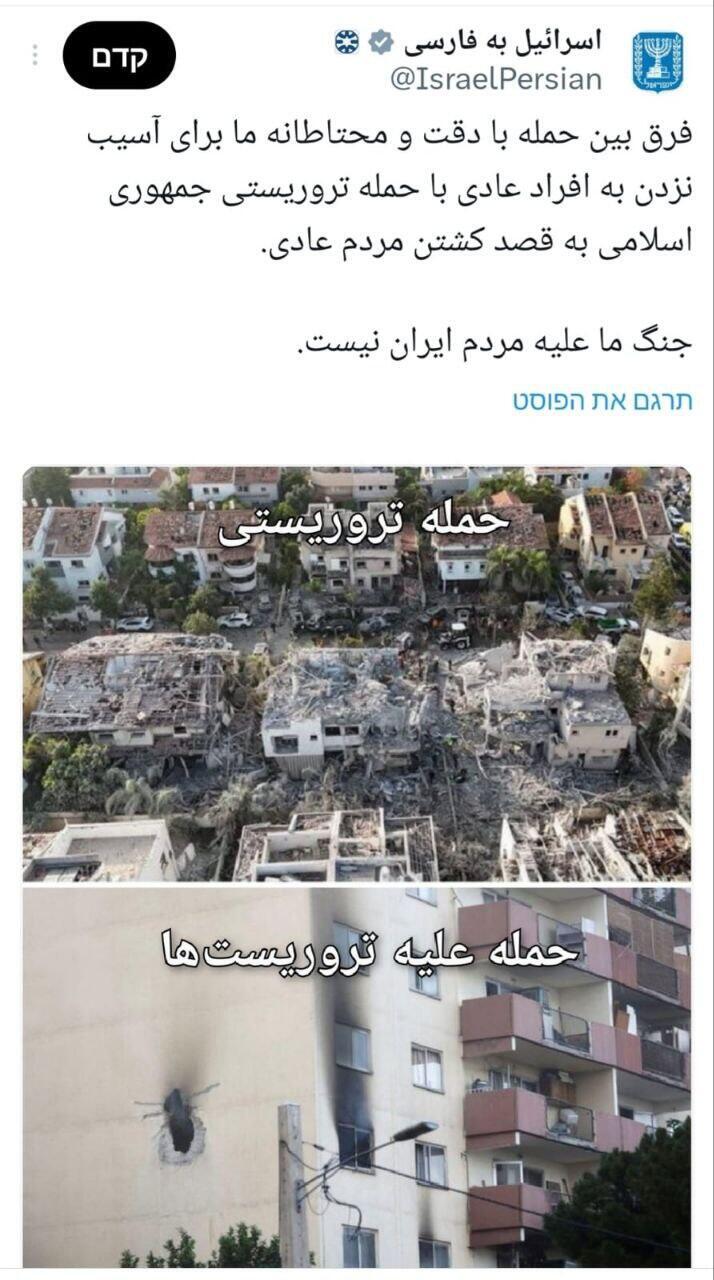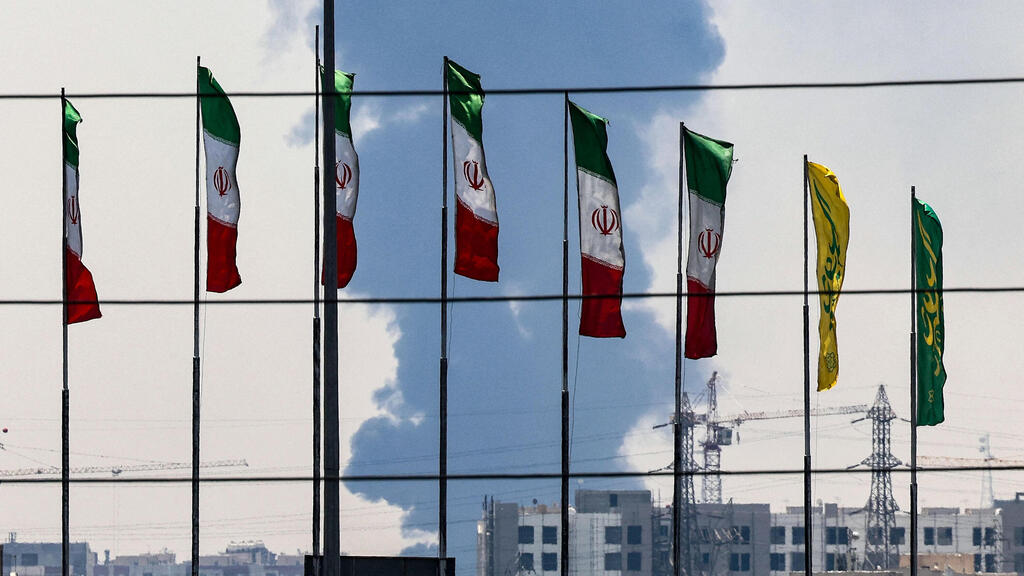Since the launch of Operation Rising Lion early Friday, the Foreign Ministry has seen a surge in engagement on its Persian-language social media channels.
At a time when the Iranian regime is increasingly restricting access to the internet, millions of Iranians appear to be circumventing these barriers to seek out up-to-date information, specifically from Israeli sources.
According to official figures, within just 24 hours of the operation’s start, the Foreign Ministry’s Persian-language posts garnered nearly 20 million views. Of those, 14 million came from Instagram, where a post about a strike targeting senior Revolutionary Guard officials alone drew more than 2 million views. Meanwhile, a video message from Prime Minister Benjamin Netanyahu, addressed directly to the Iranian people, has already surpassed 1.4 million views.
On Facebook, more than 1 million views were recorded across 21 Persian-language posts. On X (formerly Twitter), 23 posts racked up about 4.5 million views, many accompanied by positive comments and hundreds of shares. Data from the ministry’s Instagram page paints a clear picture: around 90% of followers are based in Iran—a striking indication of the Iranian public’s appetite for information from the Israeli side.
Get the Ynetnews app on your smartphone: Google Play: https://bit.ly/4eJ37pE | Apple App Store: https://bit.ly/3ZL7iNv
A closer look reveals a wide geographic spread, with more than a third of views coming from Tehran, alongside high traffic from cities such as Mashhad, Yazd and Shiraz. This distribution suggests nationwide interest, not just in the capital.
2 View gallery


A post comparing Israel’s focus on targeting senior military officials with Iran’s focus on striking civilian population centers
Demographic data adds another layer to the story: the majority of followers are men (86.4%), primarily aged 25–44, a young but mature generation seeking alternatives to Iran’s state-controlled media. Younger age groups, including teenagers and people under 24, are also well represented, signaling that Israel’s messaging is reaching the next generation as well. While women make up 13.6% of the audience, their presence is still considered significant.
Censorship isn’t stopping them
This wave of engagement comes even as the Iranian regime tightens internet restrictions, particularly amid the escalation in regional tensions. Despite these efforts, Iranians are widely using various tools to bypass censorship, turning to social media to follow, question and respond to Israel’s messaging.
The Foreign Ministry sees tremendous potential in this trend. Speaking to Ynet, officials said, “These are unprecedented figures. The Iranian public is signaling that it wants to listen, talk to us and make its voice heard.”
Ultimately, the ministry’s Persian-language outreach underscores how the digital arena has become a top-tier strategic tool in the battle over public perception. While the Iranian regime works to suppress information and control the narrative, Israel appears to be successfully breaking through digital firewalls to deliver real-time messages directly to Iranian citizens.




